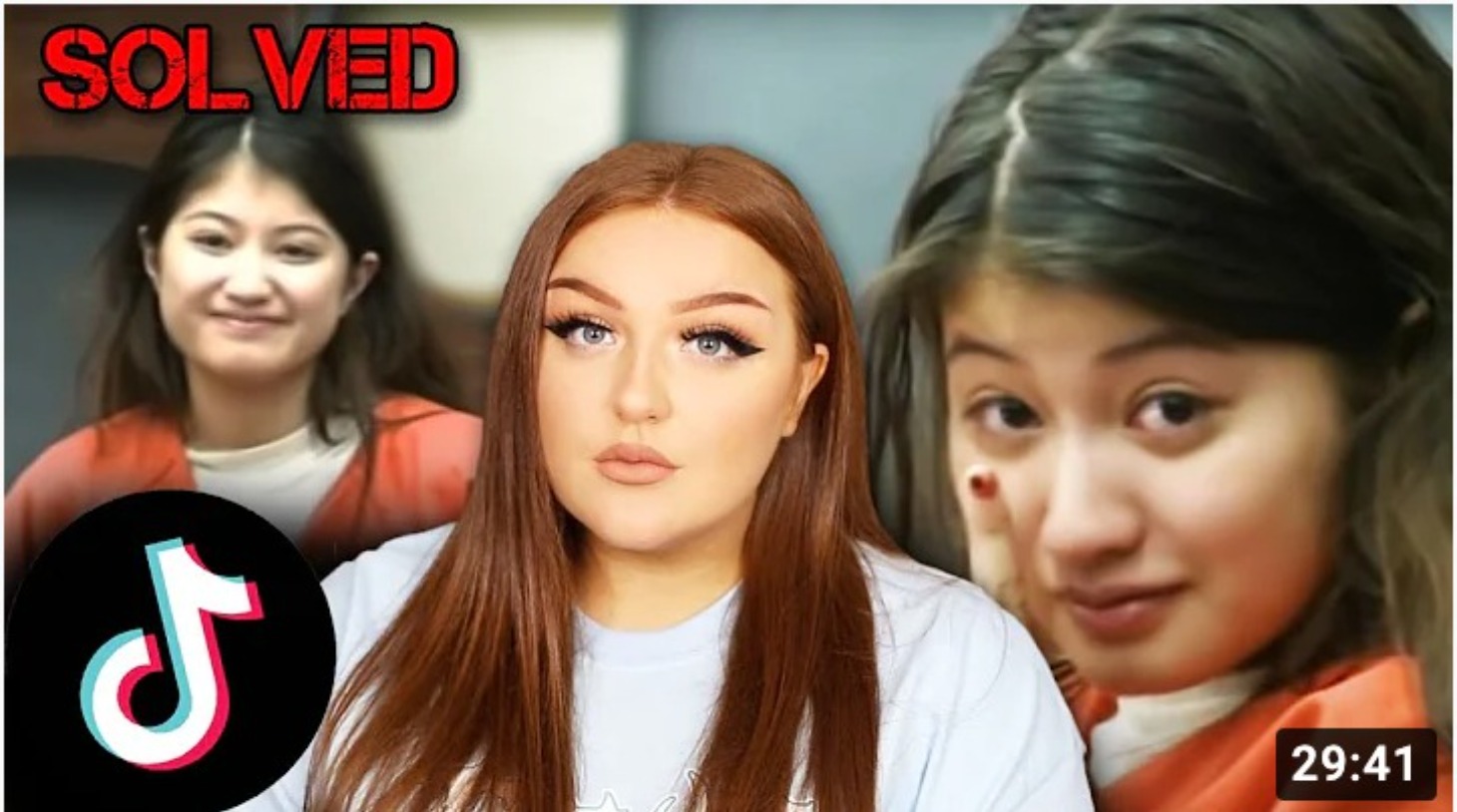According to a recent study by two academics, 73% of true crime podcast listeners are female. But while podcasts may only be a thing of the last ten years, the popularity of this content is hardly a new phenomena. From the crumpled ‘real-life stories’ magazines on newsagent shelves to disturbing, compulsive documentaries that chronicle stories of murderers ‘snapping’, the high consumption of true crime among women has been the case for decades, if not longer.
A study by the University of Illinois hypothesised that women are more drawn to true crime than men because they fear it happening to them more, and feel that, by engaging in this content, they could pick up ‘tips’ to avoid becoming a victim in this way. What seems to have changed, however — with the genre’s boom in popularity — is how brazen and unapologetic true crime devotees have become, largely sacrificing empathy for their subjects in the pursuit of creating, and consuming, monetisable content.
Recently, a tweet by a true-crime enthusiast went viral for all the wrong reasons: “Of course there’s a huge backlash against true crime,” the now-deleted tweet read. “It’s predominantly consumed by women.” Yes, studies show that women are more likely to be drawn to true crime stories. But where she goes wrong is trying to claim that criticism against true crime culture is inherently sexist. “Society cannot trust women to make decisions for themselves,” she added. “Anything they like must be scrutinised and denounced.”
Crying sexism to avoid accountability for the way true crime culture has spiralled feels a little ignorant. There’s a reason criticism against true crime has levelled in recent years — and it isn’t some roundabout way of denouncing the media girlboss. It’s impossible to look at true crime as a feminist endeavour because of how poorly women have been treated and depicted through the prism of the genre.
The relentless meme-ing Amber Heard into oblivion, or jokes about how ‘hot’ people like Ted Bundy — who primarily killed young women and sex workers — are just two recent examples of this growing disconnect. Even claiming that one cannot wait for Gabby Petitio’s murder at the hands of their abusive partner to be made into a Netflix documentary feels like a worrying shift. The effective ‘flattening’ the life of Gabby — a woman whose disappearance gripped the world and sent true crime followers into overdrive — was for many the point at which people begun to question the true crime creators’ role. Some were spreading conspiracies and misinformation long after her family appealed for the internet to just let the woman rest, others were even shilling ‘awards’ related to Gabby’s case on Reddit.
Recent research found that for women, the three main motivators in their engagement of true crime were escapism, voyeurism, and social interaction. Countless crime fanatics seem to have become so immersed in their own ‘investigative’ skills that they have completely lost touch with personal boundaries and what can be considered as ‘too far.’ With Gabby, these creators also perpetuated toxic patterns like ‘missing white woman syndrome’ (when white, upper-class victims of crime receive more media coverage and state assistance than people of colour from less privileged backgrounds). Escapism, voyeurism, and the need for social interaction are all fairly normal desires and motivations to have, but if the only way to fulfil these desires is to pin them on the back of someone else’s life, trauma and tragedy, that’s objectively unhealthy.
Ultimately, you can’t yassify your way out of accountability. Profiting off of other people’s trauma, interfering with cases against peoples’ wishes and and then monetising the content you can create off the back of that is not a feminist endeavour. What right do these creators (and the fans who consume their content) have to take someone else’s experiences and make them an object for consumption? What right do they have to then claim sexism when criticised for it? By putting themselves in that position, they’re far from the oppressed. They’re the oppressors.

